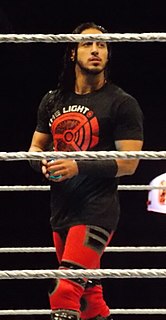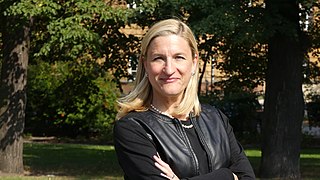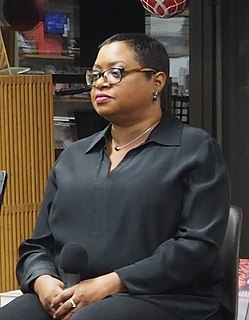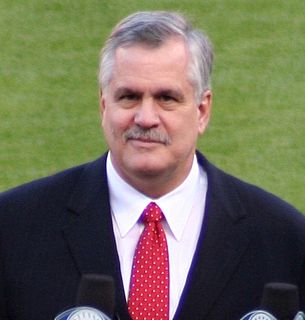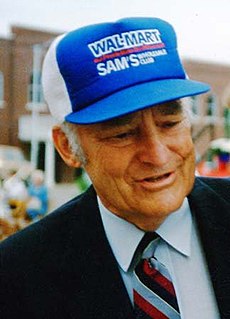A Quote by Mustafa Ali
I did not want people to know that I was a Muslim; I did not want people to know my name or that I did not have an American name. I did not want that. Because I knew if they knew that, they would cast me as the bad guy.
Related Quotes
Jem’s eyes had widened, and then he’d laughed, a soft laugh. “Did you think I did not know you had a secret?” he’d said. “Did you think I walked into my friendship with you with my eyes shut? I did not know the nature of the burden you carried. But I knew there was a burden.” He’d stood up. “I knew you thought yourself poison to all those around you,” he’d added. “I knew you thought there to be some corruptive force about you that would break me. I meant to show you that I would not break, that love was not so fragile. Did I do that?
You didn't have to take a punch for me, you know,' he said. 'I'm a lover, not a fighter.' 'You're a freak is what you are,' I said. He stuck out his hand. 'Come on, slugger. Walk with me. You know you want to.' And the thing was, despite everything I knew-that it was a mistake, that he was different from the others-I did. How he knew that, I had no idea. But I got up and did it anyway.
You say that your fare told you that he was a detective?" "Yes, he did." "When did he say this?" "When he left me." "Did he say anything more?" "He mentioned his name." Holmes cast a swift glance of triumph at me. "Oh, he mentioned his name, did he? That was imprudent. What was the name that he mentioned?" “His name," said the cabman, "was Mr. Sherlock Holmes.
Writers don't often say anything that readers don't already know, unless its a news story. A writer's greatest pleasure is revealing to people things they knew but did not know they knew. Or did not realize everyone else knew, too. This produces a warm sense of fellow feeling and is the best a writer can do.
I just think of Fannie Lou Hamer, because even though she didn't know my name Ms. Hamer was thinking of me. I just want to do a good job, because I want her to look over that edge of heaven and say, "That's why I did it. That's why. I knew we had the capacity and the talent to be everything America says we can't be. All we needed was an open door."
God sees us with the eyes of a Father. He sees our defects, errors, and blemishes. But He also sees our value. What did Jesus know that enabled Him to do what He did? Here’s part of the answer: He knew the value of people. He knew that each human being is a treasure. And because He did, people were not a source of stress, but a source of joy.
What interested me the most was that when I [traveled to Europe] I knew what Joseph Beuys was doing, he knew what I was doing, and we both, we just started to talk. How did I know what Daniel Buren was doing, and to an extent, he knew exactly what I was doing? How did everybody know? It's an interesting thing. I'm still fascinated by it because, why is it now, with the Internet and everything else, you get whole groups of artists who have chosen to be regional? They really are only with the people they went to school with.
We stand there, quiet. My questions all seem wrong: How did you get so old? Was it all at once, in a day, or did you peter out bit by bit? When did you stop having parties? Did everyone else get old too, or was it just you? Are other people still here, hiding in the palm trees or holding their breath underwater? When did you last swim your laps? Do your bones hurt? Did you know this was coming and hide that you knew, or did it ambush you from behind?
I learned early on that one of the secrets to campus leadership was the simplest thing of all: speak to people coming down the sidewalk before they speak to you. I did that in college. I did it when I carried my papers. I would always look ahead and speak to the person coming toward me. If I knew them, I would call them by name, but even if I didn't I would still speak to them. Before long, I probably knew more students than anybody in the university, and they recognized me and considered me their friend.
